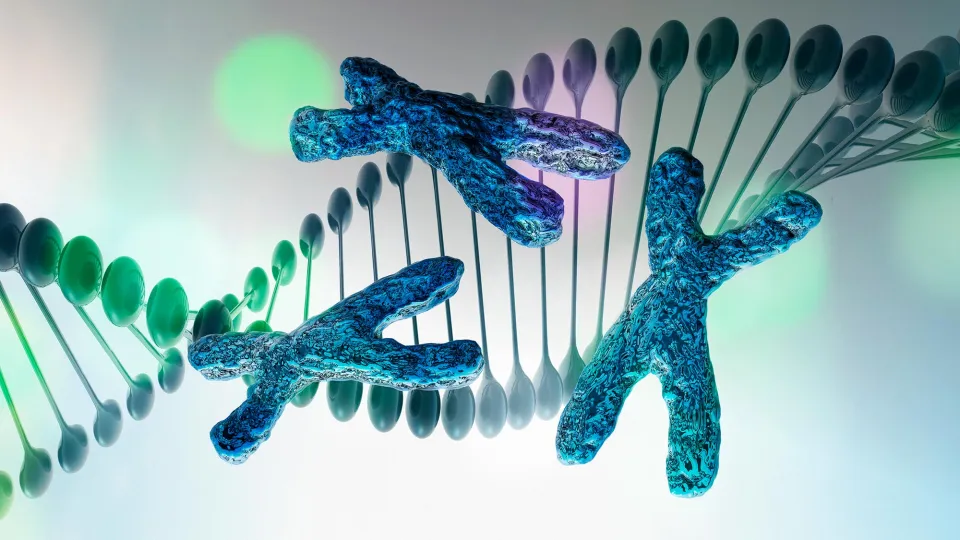News Brief
Improving Narrative Ability in Bilingual Children with a Language Disorder
September 20, 2024

Developmental language disorder (DLD) is one of the most common developmental disorders, affecting 6% to 8% of children in the United States. Due to their difficulty understanding and using language, children with DLD struggle to produce narrative stories appropriate for their age and tend to experience more social, behavioral, and emotional problems than their typically developing peers. An increasing number of studies have assessed whether narrative language interventions can help children who have DLD, yet bilingual children—a growing population in the U.S.—have not been well represented in these studies..
Researchers at Albert Einstein College of Medicine and Montefiore Health System examined whether a structured, oral narrative intervention could improve narrative language abilities and other developmental outcomes in a sample of 33 bilingual children and adolescents with DLD. Following 10 sessions of oral narrative language intervention, statistically significant improvements were observed in participants’ narrative language, story coherence, and personal competency. Self-concept scores also improved but did not reach statistical significance. The findings, published online in the September issue of Developmental Disabilities Network Journal, show that oral narrative intervention can benefit bilingual children with DLD.
Kathleen McGrath, M.S.S., the study’s corresponding author, is a Ph.D. student at Hunter College/CUNY Graduate Center and is senior research coordinator of the Rose F. Kennedy University Center for Excellence in Developmental Disabilities at Einstein and Montefiore.



